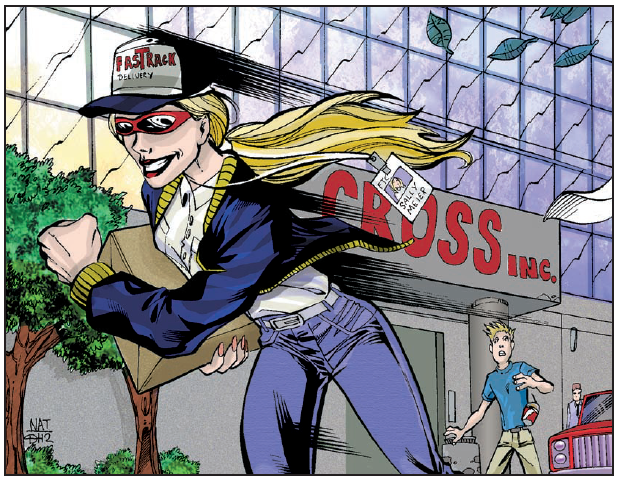

“The common denominator of all these works is their intensified social criticism, a rejection of the present state of society, and a longing for a change even if it became a storm that would cause destruction but would clear the air. With their frantic search for community, love, and vitality, however, the expressionists seem to represent a violent reaction against the estheticism, formalism, and social isolation of their predecessors" (Sokel, 1955 p 1). "Expressionism grew out of German neo-romanticism.
#Brave earth prologue characters free
This moment was given to the spectator without the familiar preparatory detail of 19th century realism.The expressionist, giving the reins to his own fancy and intensifying the character’s subjective states, felt free to history all manifestations of character and environment and to shuttle back and forth in time and space…Kaiser calls for the sudden transformation of a snow-laden tree to a skeleton in From Morn to Midnight” the fantastic action and environment are dramatically related to the state of mind of an absconding cashier.Dialogue was subjected to weird abbreviations and distortions so that it became frequently violent, telegraphic, and enigmatic…especially true of German expressionism between 19” (Gassner, 1956 pp 118-121). Only the dramatic moment was allowed to matter. Strindberg's “successors in expressionistic experimentation made a veritable cult of morbid introspection and emotionally disturbed pictures of external reality.The expressionist playwright dispensed with the middle-class clutter to be found in men’s minds and showed only the springs of passion…to present depersonalized characters, individuals transformed into stark symbols of allegorical types deprived of personal name.And the individual was likely to be placed in a truncated scene usually deprived of the padding of manners and small talk customary in cup-and-saucer living-room scenes. Expressionism, as we have so far known it, is a meeting of the fringes of the conscious and the unconscious, and the meeting is startling indeed" (Macgowan and Jones, 1920 p 31). It is no more than the waves which shatter themselves on the shore of our conscious existence, only a distorted hint of the deep and mysterious sea of the unconscious. Expressionism, in the nar- row sense in which such plays define it, is a violent storm of emotion beating up from the unconscious mind. "The bizarre morbidity, the nauseating sexuality, the lack of any trace of joy or beauty, which characterize the work of most of those who labeled themselves expressionists in Ger- many during the past few years, match Strindberg at his unhappiest, while the vigor with which they drive their ideas forth in speech far outdoes him. Since the general style was usually strident or hysterical, the action abrupt or insistently repetitious, the tempo breathless, the dialogue frantic or monotonously telegraphic, expressionist plays tend to tax our nervous system” (Gassner, 1954b p 203).

“Since consistency was not considered either a virtue or a necessity, the sequence of events was not always clear. The movement derives from Strindberg, especially "To Damascus" (1898-1904) and "A dream play" (1907), "Although the essential autobiographical which makes Strindberg's dramas unique, could not be imitated, the confessional character of such unreserved, personal documents had a tremendous influence on the younger German dramatists, minding us of the effect of Rousseau's writings on the German Storm and Stress movement" (Burkhard, 1933 p 172). Every dramatist of the 1910-1939 period shows variable degrees of this tendency. In expressionism, the individual's mind affects the environment, in contrast to impressionism, in which the environment affects the individual's mind. The dialogue tends to be farfetched or semi-poetical, the situations strange or dream-like, and persons struggle with deep inner turmoil that affects the environment they live in. Aside from the first plays of Brecht, German expressionist drama holds no towering figure, but there are several playwrights of interest in work characterized by intense drama and black comedy. Pre-World War II German theatre was dominated by expressionism, especially from 1912 to 1923 (Garten, 1964). Entrance of the New Hebbel Theatre, Berlin, 1908


 0 kommentar(er)
0 kommentar(er)
